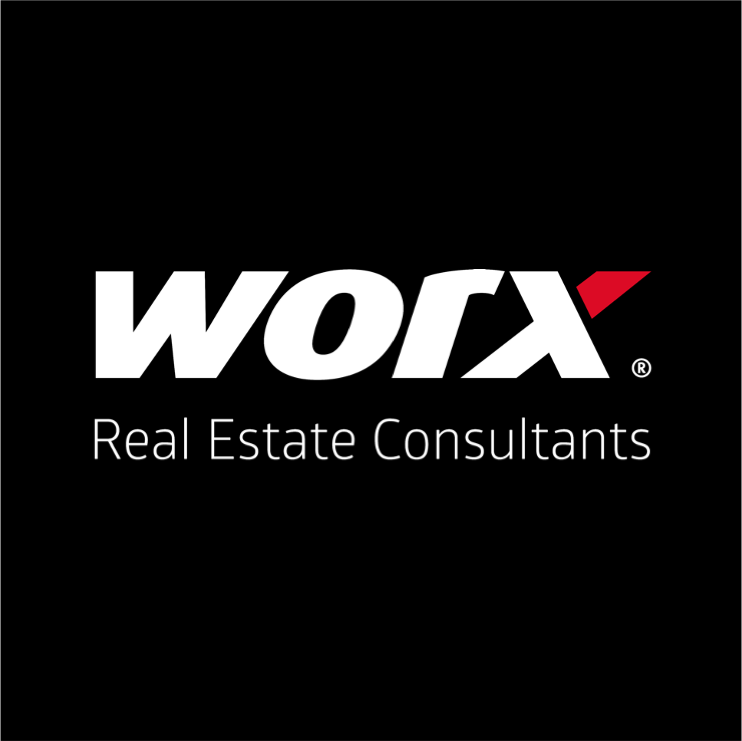Pedro Rutkowski, CEO of Worx, says that "the year 2021 showed a positive recovery and, although many players continue with some degree of uncertainty in their decision-making, their investment plans are still being carried out".
Occupational office market
The occupational office market showed a year-on-year growth of 17%, reaching 138,000 sqm of transacted area in Greater Lisbon between January and November 2021. The average business reduced to 1,160 sqm, which compares with 1,310 sqm in 2020.
The Western Corridor was the most sought after area, with 35% representativeness, particularly influenced by the inclusion of the future headquarters of Câmara de Oeiras with 30,500 sqm. This was followed by the Non-Consolidated Zone, boosted by the occupation of the Factory in Hub Creativo do Beato with 10,000 sqm, and Parque das Nações, where Critical Techworks occupied the K-Tower with 9,900 m2, which accounted for 20% and 17% respectively. These make up the 3 largest occupancy businesses of the year, with 5 large businesses (over 5,000 sqm).
Worx estimates that the year 2021 closed the occupational activity with about 155,000 sqm traded in Greater Lisbon, representing a year-on-year growth of 12%.
Commercial real estate investment market
The commercial real estate investment market recorded close to €1,900 million in 2021, but this figure could be higher. According to Worx estimates, the year-end volume could approach €2,000 million channeled to earning assets in 2021, upon confirmation of some transactions that are still to be determined.
The office sector led the search for yielding assets, in line with the anticipated trend of investors betting on core and core+ assets. With a total of almost €730 million, these represent 39% of the total volume invested in Portugal. The purchase of Quinta da Fonte by Sixth Street for €145-150 million and Portfolio Navigator by South for €120 million were the biggest deals in this sector.
The alternative assets sector registered, in line with the European trend, the second largest share. With a share of 36% of the volume, which is equivalent to more than €670 million, the most prevalent assets were residential for rent (PRS – Private Rented Sector), with emphasis on the sale of the ZIP Portfolio for €333 million, and hospitals, namely with the sale of the SaúdeInveste Portfolio to Icade Santé for €213 million. This is followed by the hotel sector, with around 14% of the investment volume, where Azora's purchase of the Tivoli Marina Vilamoura and Tivoli Carvoeiro stands out for €148 million. The deals mentioned make up the 5 biggest transactions of the year in commercial real estate. Additionally, the retail and industrial and logistics sectors attracted only 8% and 3% respectively.
Perspectives for 2022
The office sector should regain its dynamism in this new year, namely with the growing demand from technological and multinational companies wanting to enter the national market. Although in the short term the vast majority of companies look for flexibility given the context of still some uncertainty in the decision-making process, in the medium-long term the preference for spaces in traditional lease will remain without an impact proportional to the adoption of hybrid work regimes given the increase in social and collaborative areas.
The high level of pre-leases in projects that will be completed in 2022, as well as the expected increase in demand levels, should contribute to a moderate upward trend in the unemployment rate.
Average and prime rents should remain stabilized, with a tendency to negotiate incentives in favor of occupants. Some areas with reduced availability and/or with differentiating projects, namely with environmental certifications, may observe a punctual increase in market rents.
Regarding the investment market, the feeling is of rising confidence levels, maintaining the thoroughness in the selection of assets for its portfolio, namely in relation to location, tenant quality, duration of contracts, upside potential. With the emergence of issues related to sustainability, it is also believed that the valuation potential underlying the environmental certification of buildings brings opportunities for repositioning assets to investors with a more value-add profile.
The search for assets related to health, housing and logistics, as a result of the impacts brought about by the pandemic, should continue. But since this is limited to the scarcity of tradable product in the market, the urban promotion/rehabilitation and forward purchase businesses may play an important role in boosting the real estate market. One of the biggest challenges they will face is related to the escalation of construction costs which brings a high degree of unpredictability of the profit margin to developers/investors.
In the meantime, the PRS (Private Rented Sector) segment should particularly benefit throughout 2022 with the extension of the VAT regime to 6% of housing at controlled costs to the construction of affordable rental housing, encouraging the development of the first BTR projects ( Built To Rent) promoted by Private.
The expected increase in the inflation rate, on the other hand, is a positive note for the real estate market, as it will act as an investment refuge compared to other income alternatives and will indirectly enhance the appreciation of assets.
However, the difficulty of accessing bank financing, namely with the potential rise in interest rates both through the normalization of the ECB's monetary policy and the application of the EU Taxonomy, will require investors to start diversifying the way they finance themselves through complementary forms (eg joint ventures, mezzanine loans, equity finance) and that start to transparently report their risk matrix of ESG factors.

